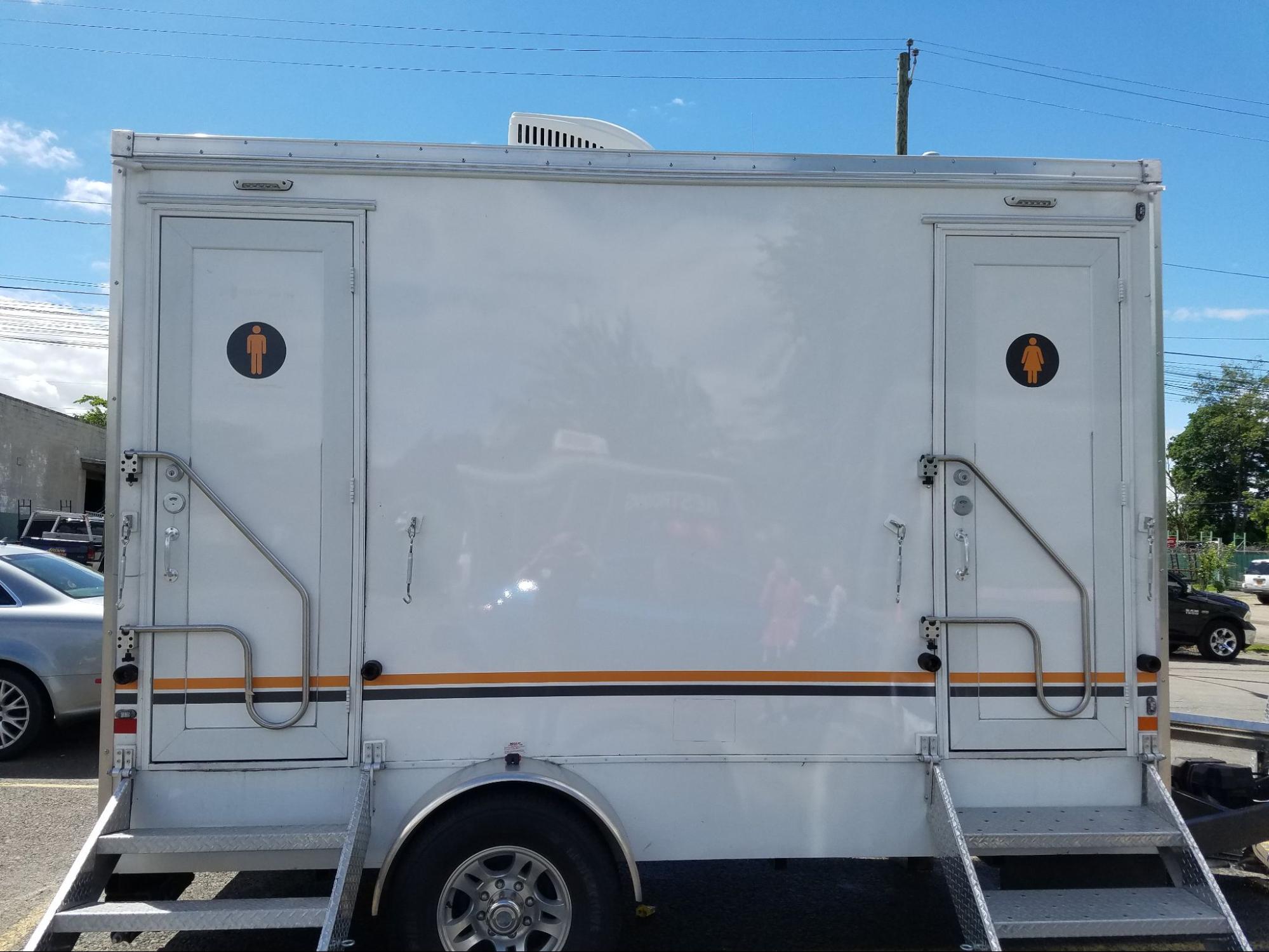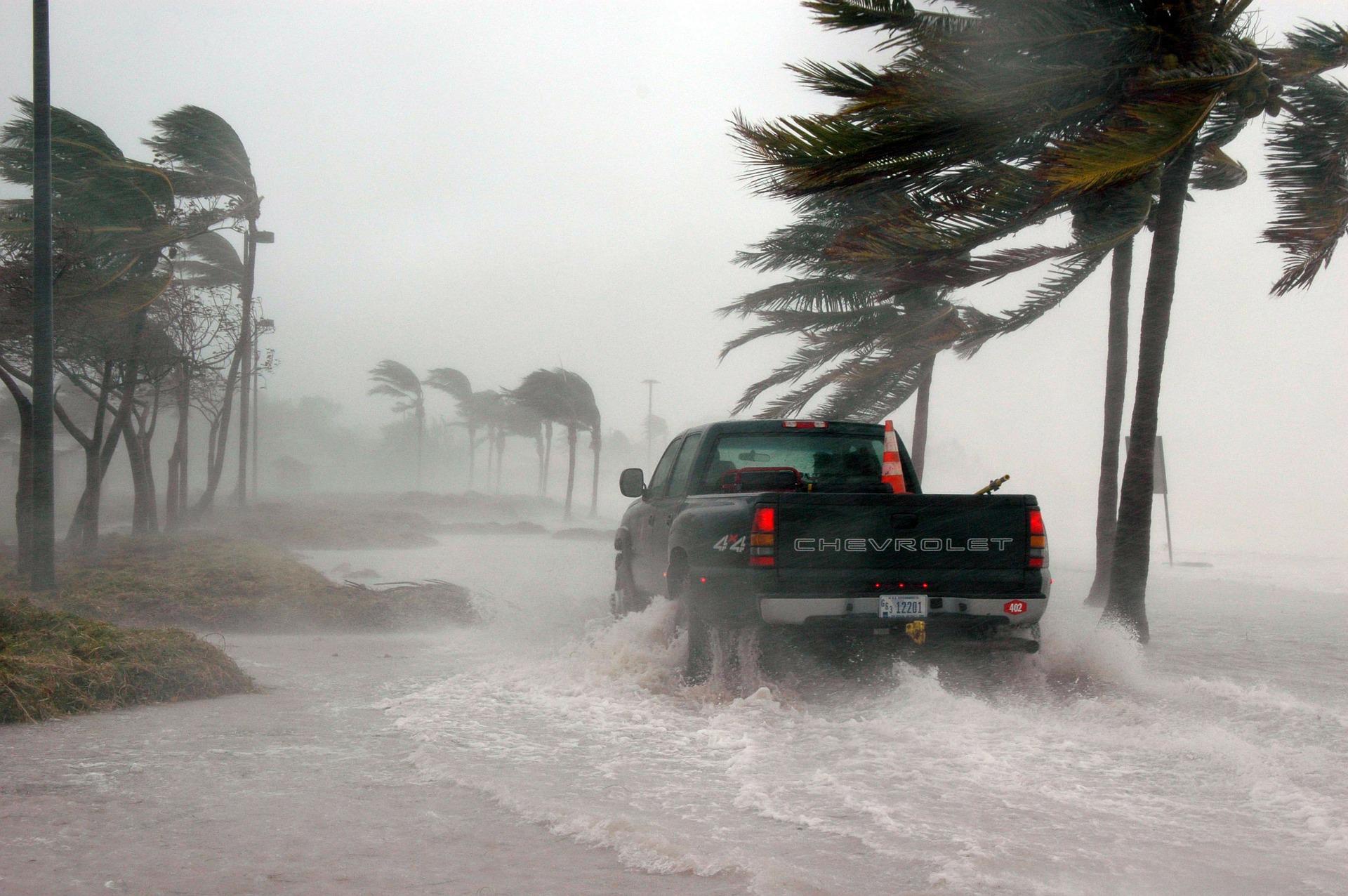
Florida Natural Disasters: Creating a Preparation Plan
Many people are attracted to Florida for its temperate year-round weather, crystal-clear beaches, and an immense amount of activities ranging from leisure to adventure. In fact, it’s estimated that Florida is the 2nd most visited state in the United States.
While there are several “pros” that draw visitors to the Sunshine State, there is one key thing that can impede the vacation and day-to-day life of Floridians: natural disasters.
Florida is prone to many natural disasters, including hurricanes, tropical storms, wildfires, and floods. Being prepared – whether at the family or government level – is critical to reducing injuries, deaths, and destruction.
What Natural Disasters Occur in Florida?
Unfortunately, Florida natural disasters aren’t uncommon. Some of the most notable Florida natural disasters include the Florida Firestorm of 1998, Hurricane Andrew of 1992, and Tropical Storm Debby.
That said, tourists and Floridians should be prepared for potential natural disasters. While the most common Florida natural disasters include wildfires and hurricanes, the area is still susceptible to floods, tropical and coastal storms, and power outages.
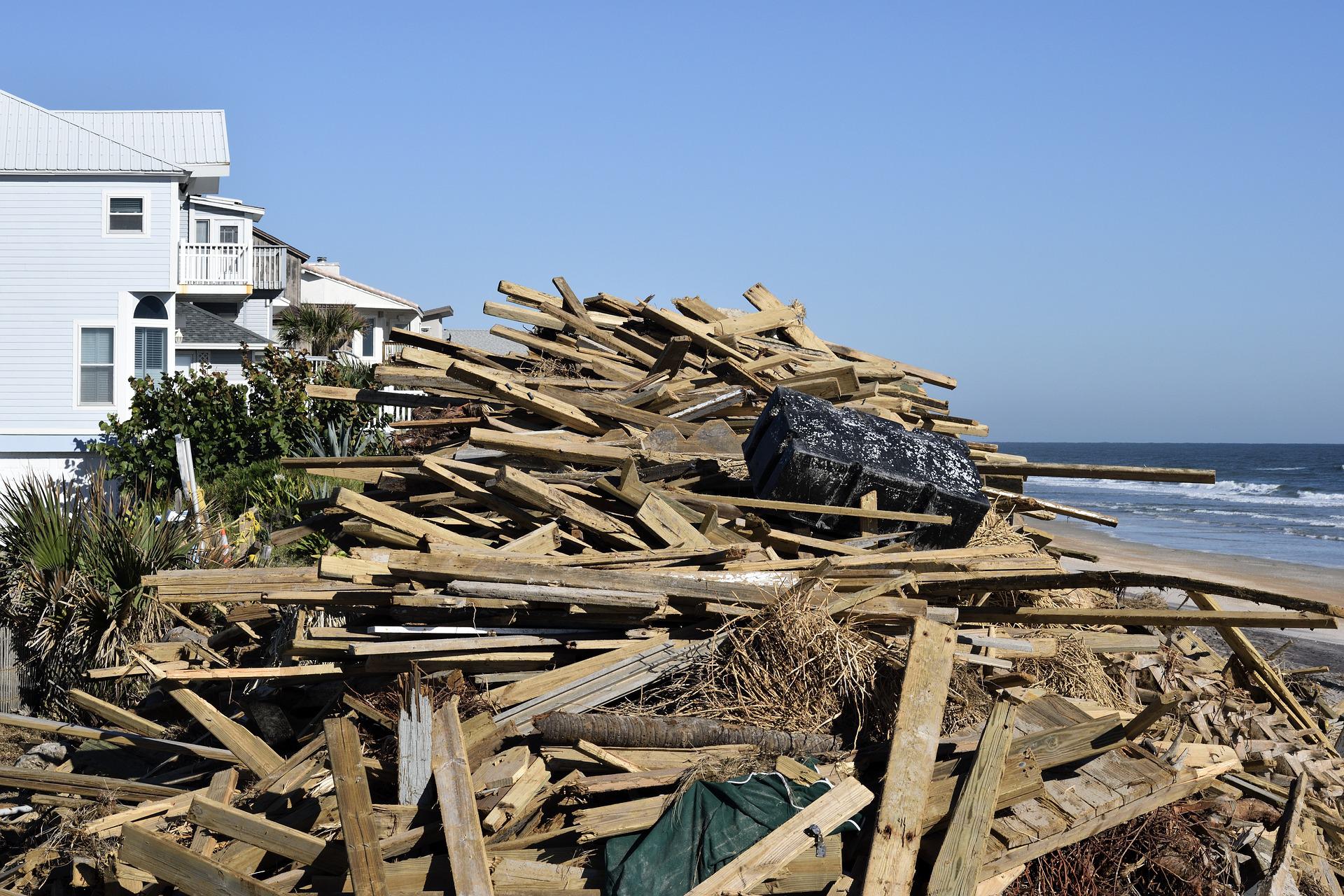
The Problems Posed by Florida Natural Disasters
Florida natural disasters have a prominent negative impact on all areas of life, including:
Natural disasters can impart physical, mental, and emotional damage to an individual. Individuals may suffer from injury, illness, or even death during a natural disaster. Their properties, personal belongings, and financial resources can be destroyed, rendering the individual feeling hopeless or depressed; some may even develop long-lasting effects such as post-traumatic stress disorder.
At the community level, natural disasters can cause such economic destruction that the area cannot recover. Even those that can rebuild will suffer from financial loss, utter exhaustion, and a noticeable shift in all aspects of the community – which can be challenging to adapt to.
The environment is notably impacted in many ways. Wildfires and tornadoes can rip through forests and structures to alter and destroy the natural ecosystem. Wildlife can be killed, resulting in potentially endangered species and a lack of food. A decrease in water quality can be hazardous to nature, too.
Urban landscapes have further problems to worry about. For example, historical structures can be damaged, requiring extensive restoration, which is costly and time-consuming. Infrastructure can also be ruined, from roads to bridges, pipelines to power lines. This destruction will have a significant impact on the livelihood of locals and tourists, and repairs can cost millions of dollars.
Preparation is Key to Reducing Negative Impacts
The best thing society can do is learn from past experiences and prepare for future Florida natural disasters. Proper preparation for widespread disasters can result in less loss, damage, and financial strain.
Proper preparation starts at the home level. A good plan will ensure that you and your loved ones are safe in the event of a natural disaster, whether it’s a Florida hurricane disaster, tornado, flood, wildfire, or any number of other common natural disasters in Florida.
-
Ensure you have homeowners insurance. Make sure that you have sufficient coverage in place for natural disasters.
-
Prepare an emergency supply kit. Create an emergency supply kit complete with ample water, food that won’t spoil, medications, and a first aid kit.
-
Create an evacuation plan. Create a route that showcases how your family will safely evacuate the home and drive to a safe location, such as a FEMA disaster recovery center.
-
Keep essential documents handy. Everyone in the household should have some form of identification. You should also have a list of convenient and crucial numbers and addresses.
-
Sign up for emergency alerts. Ensure that you are connected to emergency alerts to stay updated, especially after Florida declares a state of emergency, and you are in one of the Florida counties in state of emergency.
-
Don’t forget your pets. Pet owners must take extra steps to ensure their pets are safe during a Florida emergency.
Business preparedness is also critical to avoiding immense damage from Florida natural disasters. The process isn’t much different from individual preparedness. Businesses should have preparedness kits and adequately train their team to respond to natural disasters appropriately. These plans should be routinely practiced.
Keep in mind that business owners who remain in their location, despite evacuation orders, will not receive help from emergency responders. Business owners should follow protocols from the emergency management officials and Florida State Emergency Response Team before, during, and after a natural disaster.
The government – at the local, state, and federal level – are responsible for providing relief to the citizens and tourists of the area during natural disasters in Florida. It begins with a task force designated to handle natural disasters in Florida (Florida Division of Emergency Management) creating a strict plan that should be followed during an emergency. These plans should contain the following information:
Prevention is critical when it comes to preparing for natural disasters in Florida. The government can take many strides to ensure its people and businesses can handle the situation as efficiently as possible.
-
Raise awareness/educate. This can be done in many ways. For one, having a website that is populated with information is vital. Government agencies may also produce commercials and events to get the information out.
-
Strengthen prediction and alert systems. It’s not always possible to know when a natural disaster is coming, especially earthquakes. Other emergencies, such as storms and tornadoes, can be seen in advance. Ensuring a well-rounded alert system in place can get citizens out of the area quicker.
-
Encourage insurance. Homeowners and businesses should have the proper insurance to help rebuild after a natural disaster.
-
Engineer for safety. Building bridges, businesses, and roads that can withstand the element can help reduce the amount of overall damage.
-
Shelter and Transportation
The first thing to consider is shelter and transportation to and from the shelter. During a natural disaster, individuals may not be able to drive their car or walk to the shelter. In this case, it is the responsibility of the government to put together streamlined transportation and engage in emergency search of lost or stuck individuals, if necessary.
The shelter unit, such as a FEMA disaster assistance center, should be large enough to house the local population safely and efficiently. The location should have restrooms, medical facilities and personnel, and food.
Provide disaster relief on-site package options for citizens and tourists. These packages can be filled with essential goods and products, including toiletries, food, water, and resources.
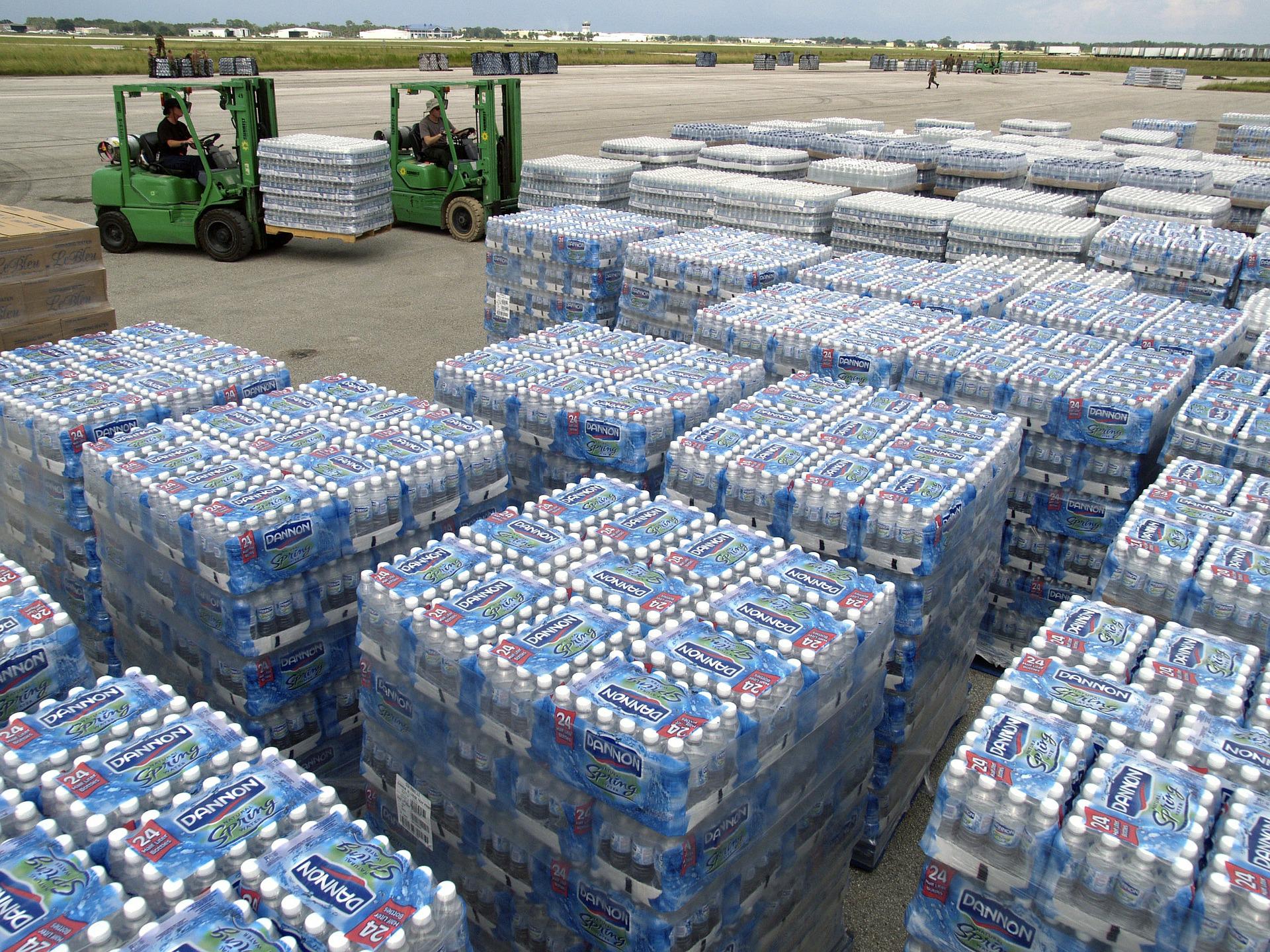
The safety and security of individuals in Florida are at the forefront when it comes to emergency preparedness. Government officials should have a clear set of rules and regulations for all individuals partaking in shelters, transportation, etc.
It may be helpful to have members of the Florida department of emergency management speak various languages. Since Florida is a hot spot for tourists from around the globe, newcomers must be able to understand the situation in its entirety.
-
Streamlined Communication
The Florida Department of Health Hurricane Preparedness website relays the importance of communication during Florida natural disasters. Government agencies should keep the FDOH’s official websites and social media accounts up-to-date and accurate at all times. Alerts should be sent to the community before, during, and after the natural disaster.
Encourage individuals to call the emergency hotline, otherwise known as the State Assistance Information (SAIL), to find information on the current state of emergency and how they can remain safe during the crisis.
Being prepared is only half the battle. The government will also need to lend a helping hand when the natural disaster has ceased. When it is announced that a FL state of emergency has concluded, the real journey begins: rebuilding.
It is the government’s job to have a proper rebuilding plan in place, regardless of the type of natural disaster. This plan should extend to all areas that may have been affected, including housing, the economy, infrastructure, and health.
Disaster recovery resources should be provided to those affected. A few of the most common include:
-
Unemployment assistance
-
Housing assistance
-
Counseling
How VIP To Go Can Help with Restroom Trailers for Disasters
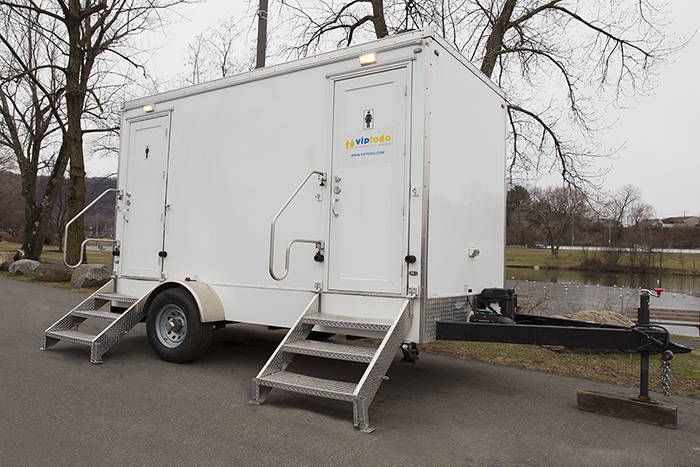
At VIP To Go, we know natural disasters in Florida all too well. We have been called in time and time again to provide individuals with portable trailer bathrooms and emergency response trailer shower facilities when they are needed most.
Not only are our portable restroom trailer prices affordable, but our portable toilet trailers and emergency shower trailer facilities are sanitized, clean, and offer a premier experience for their users.
We have plenty of experienced portable restroom trailer staff members ready to assist you, even during critical times such as natural disasters in Florida.
We are also the leading supplier of construction portable toilets and portable showers and toilets for events. So, we can assist you whether you need a porta potty with sink rental near me for natural disasters, construction sites, or upscale events. And although comfort and class is not our focus during a time of crisis, our luxury bathrooms and emergency shower trailers for rent will appease any guest, anytime.
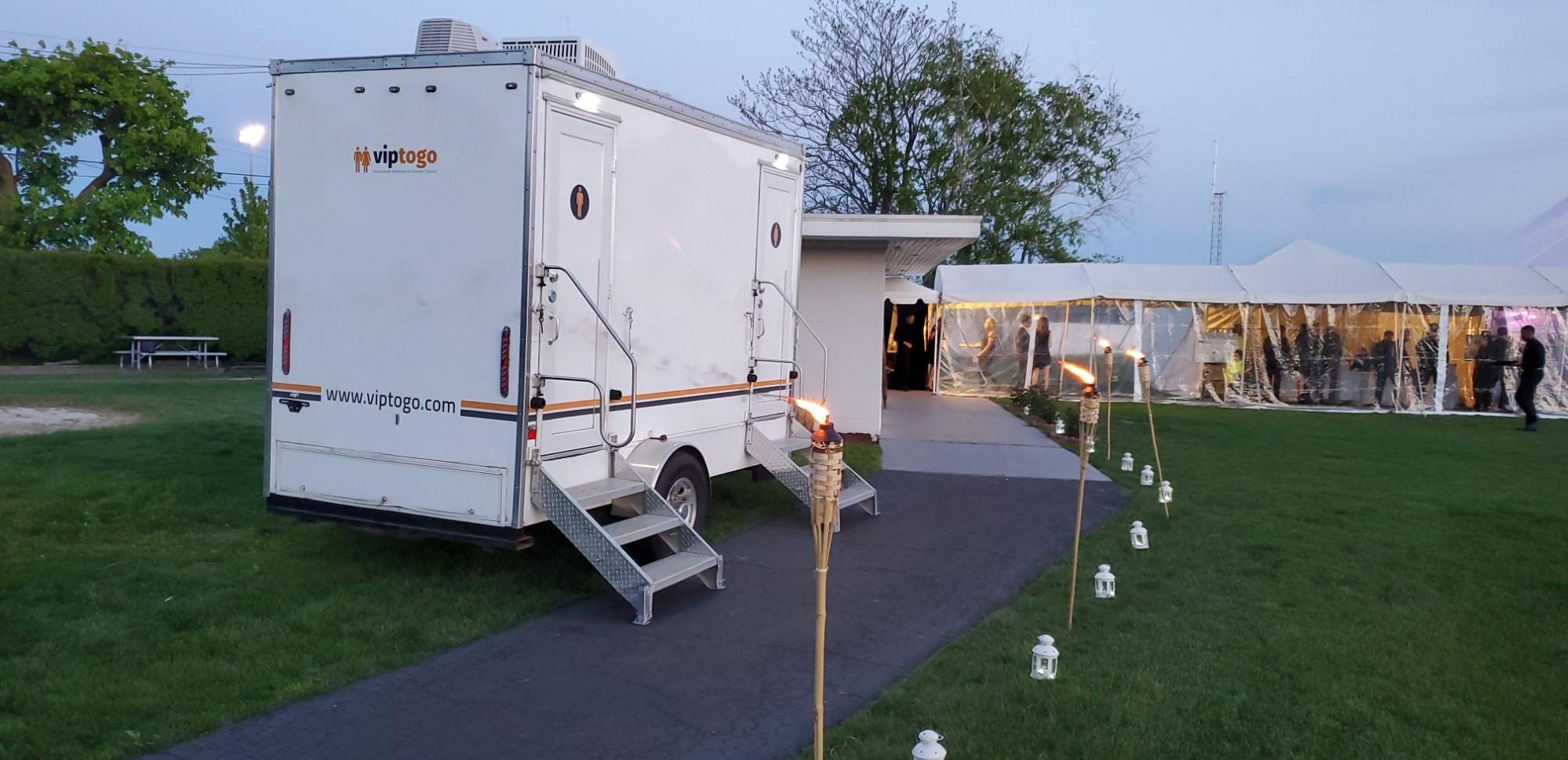
Final Words
Natural disasters in Florida, big and small, can happen with or without warning. Being prepared is critical to minimizing the amount of widespread destruction. Preparedness should take place at the individual, business, and government levels. Make sure you rent bathroom trailer facilities for your shelters and check out our portable toilets for construction sites and events.
